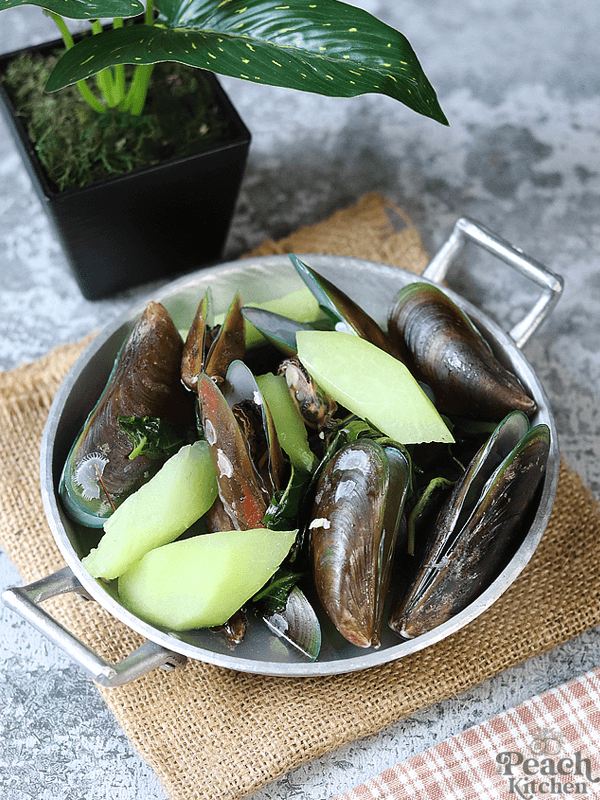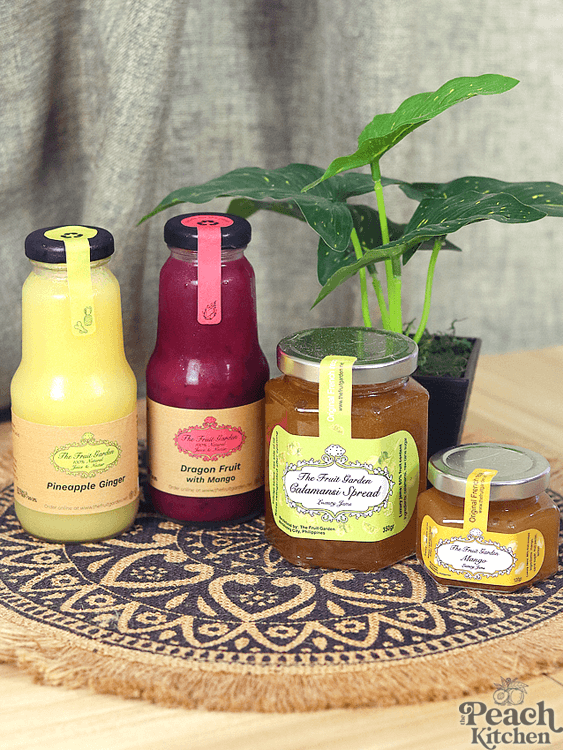When we think of air pollution, we tend to focus on the things outside of our homes, but the reality is that the air we breathe inside is more polluted than we thought. In general, Americans spend 90% of their time indoors, where the number of pollutants is significantly higher than outside. Therefore, we must exert every precaution to ensure that the indoor air is not compromising our family’s health. Here are some practical ways you can enhance the air quality in your home.

Check the humidity in your home
Mold and mildew thrive on moisture. The higher the humidity inside your house, the higher your home’s chance of becoming a breeding haven for these allergens. It is important that you maintain a healthy level of humidity within your home. An air humidifier can help reduce the amount of moisture in the air and prevent the growth of molds. Make sure to choose the one that best fits your household’s needs.
When cooking, remember to open a nearby window or turn on your cooking vents. You should also be mindful when watering your plants and make it a point to always empty your plant saucers to avoid water accumulation. Moreover, never store damp clothes inside your rooms, and check your plumbing regularly to fix any leaks that could trigger mold growth.
Bring fresh air in
One of the easiest ways to improve your indoor air quality is to open your windows frequently. Doing so can enhance the ventilation inside your home, preventing the build-up of harmful pollutants that can damage your house and cause discomfort to your family. However, in some cases, opening the windows may prove to be more damaging than beneficial. For instance, if you live in a high-rise building in the middle of a busy city, it may not be practical to constantly open your windows as it can bring in more outside air pollutants.
Buy indoor plants
Plants are natural air purifiers. Not only can plants beautify your living space, but they can also filter the toxins in the air, making it healthy and more breathable. Certain indoor plants can fight off air pollution better than others, so your best option is to cultivate various plants that can work together. Some of these plants are peace lily, Boston fern, aloe vera, flamingo lily, parlour palm, variegated snake plant, and English ivy.
Clean regularly
To prevent the build-up of allergens and indoor air pollutants, you need to start the habit of regularly cleaning your house. Keep your floors clean, especially your carpets and rugs, as they can collect dust, dirt, pet dander, and other harmful particles. Use a vacuum with a strong suction and make sure to concentrate on high-traffic areas. Vacuum your house at least twice or three times a week and remember to replace its filters.
If you are unable to clean your house by yourself, consider hiring a professional cleaner such as The Florida Maids to ensure that your living environment is as clean as it can be. You can visit their website thefloridamaids.com to learn more about their services.
Keeping the air quality in our homes clean and healthy entails preventive maintenance and attentiveness. We need to make sure that the air we breathe is safe for ourselves and the rest of our families.
























3 Responses
I love the fact how the indoor plants act as natural purifiers instead of using air fresheners that contain harmful chemicals. May I also add that you can add scented candles to add some fragrance to your fresh indoor home.
Thanks for this very helpful tips Mommy, very important talaga clean at fresh air ang ating nalalanghap sa bahay natin .
Having many windows also help to let natural air flows in the house. These are really good advices.